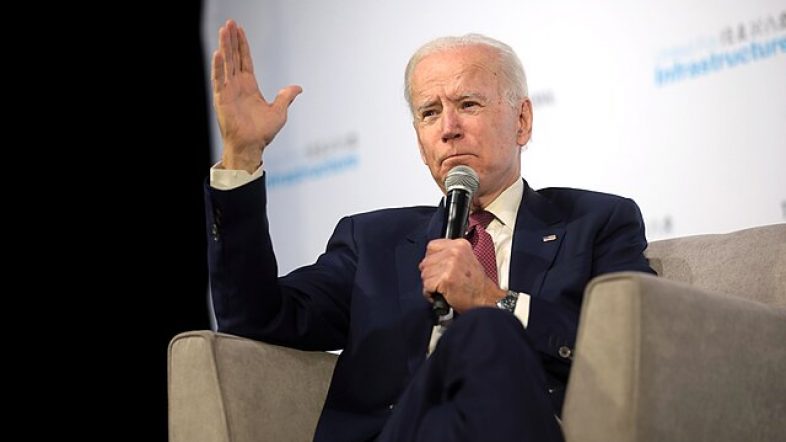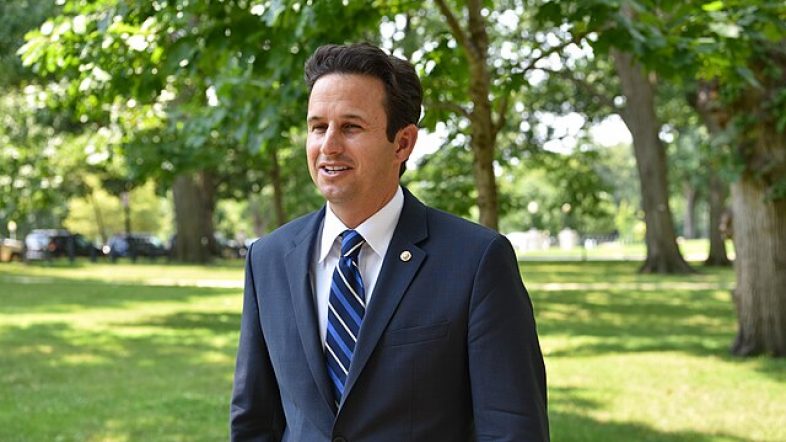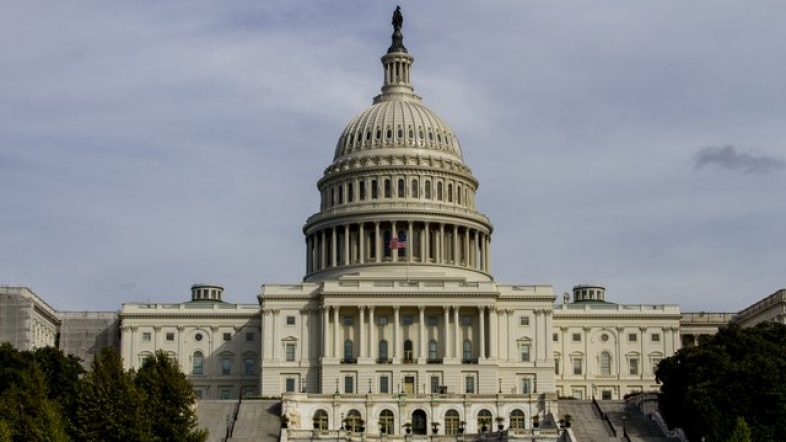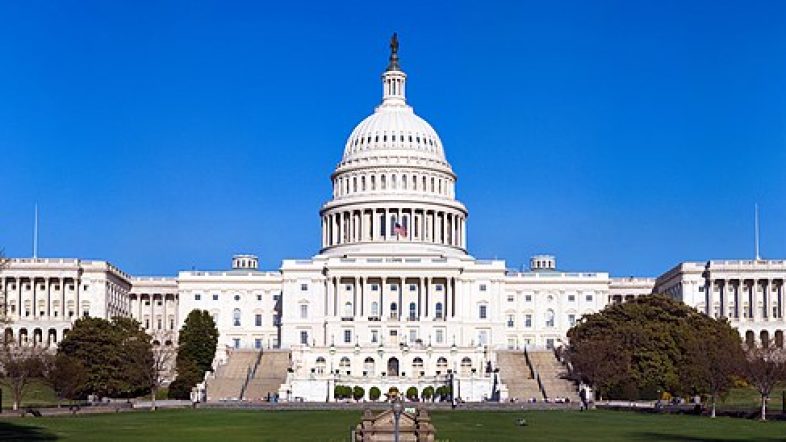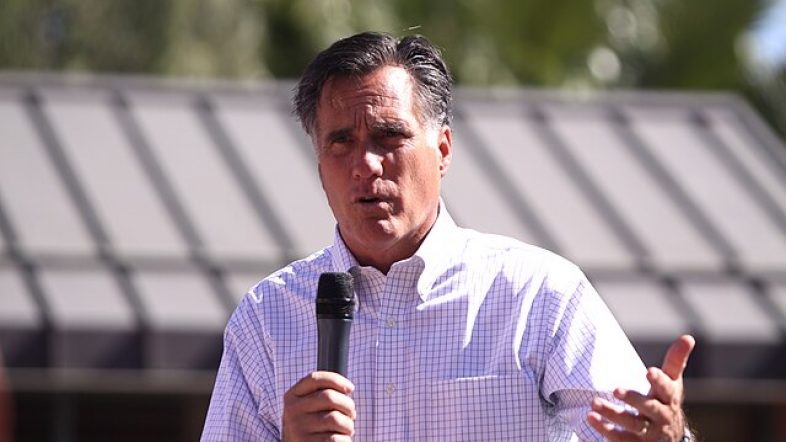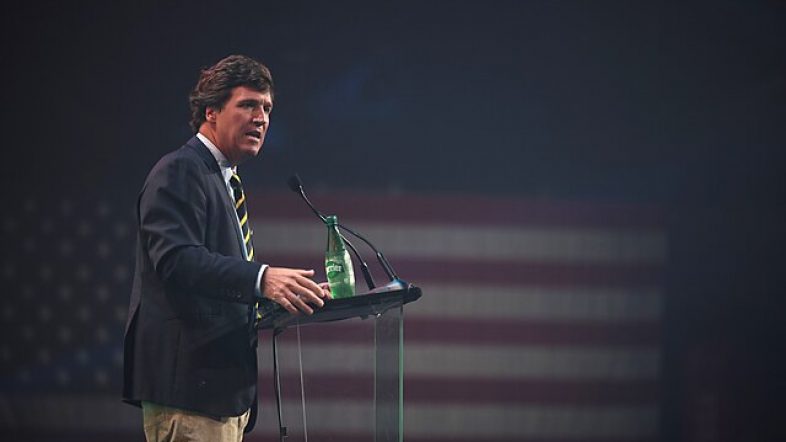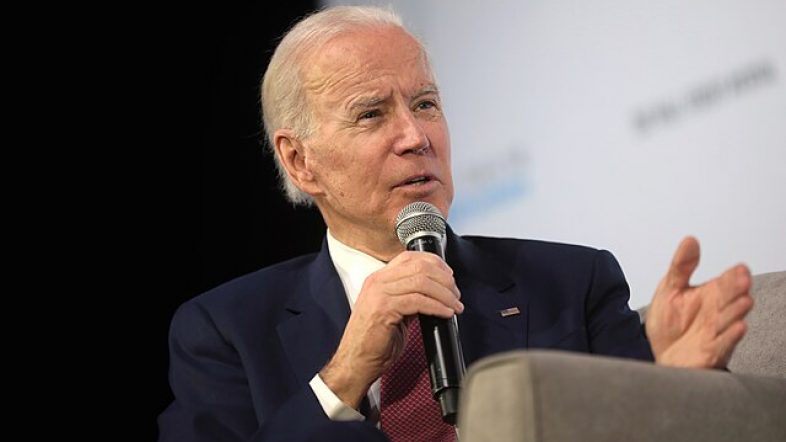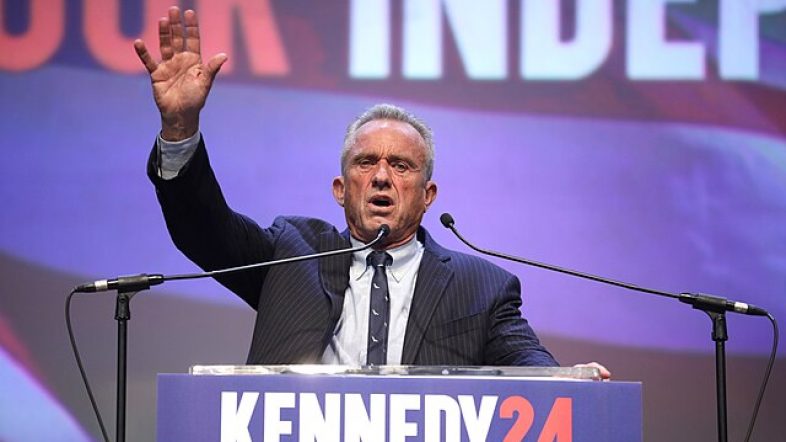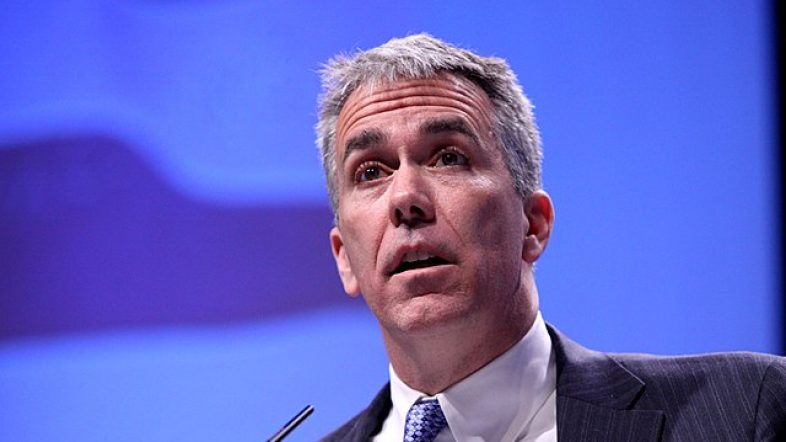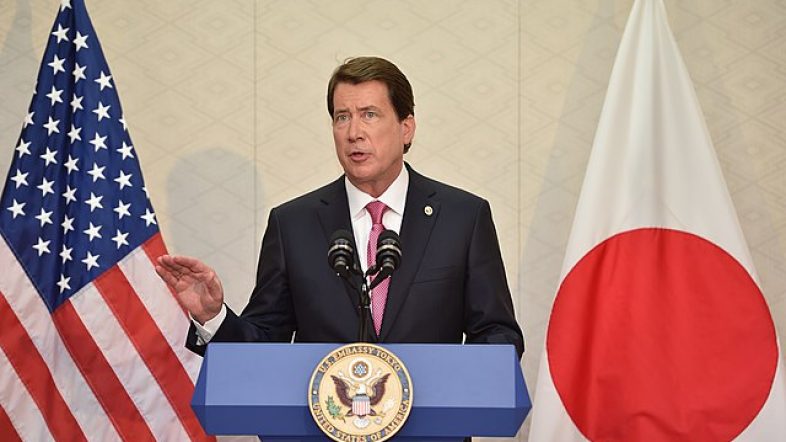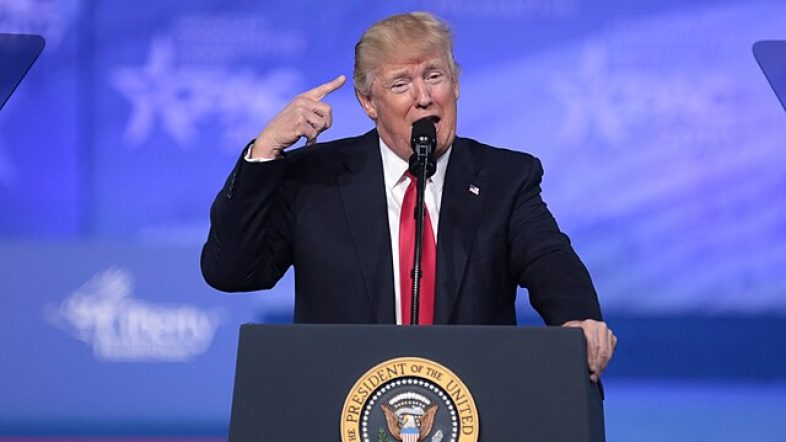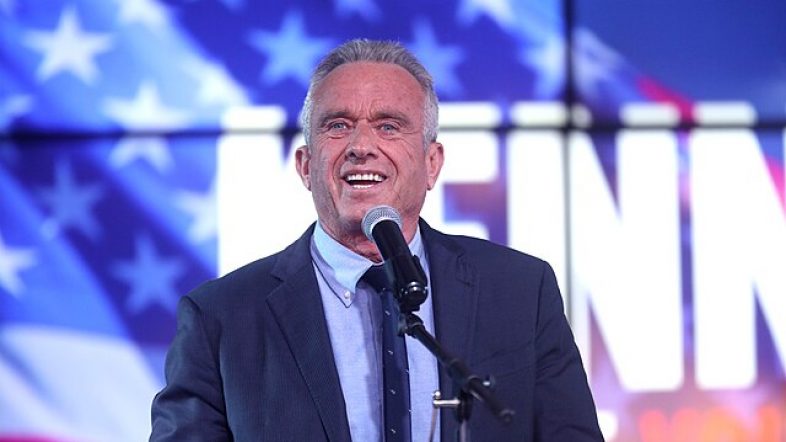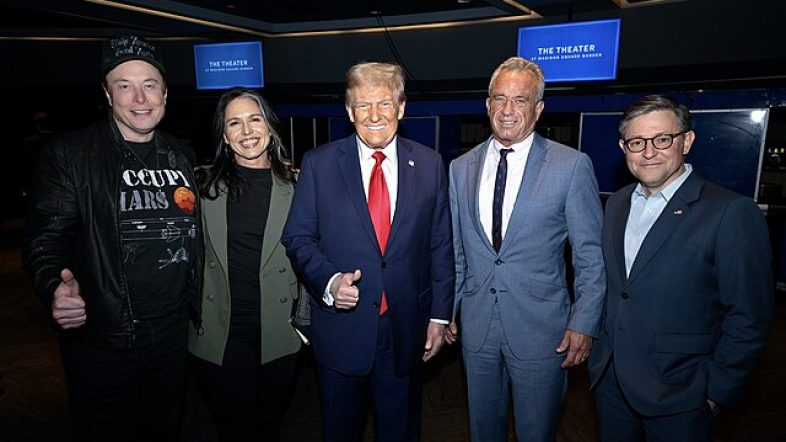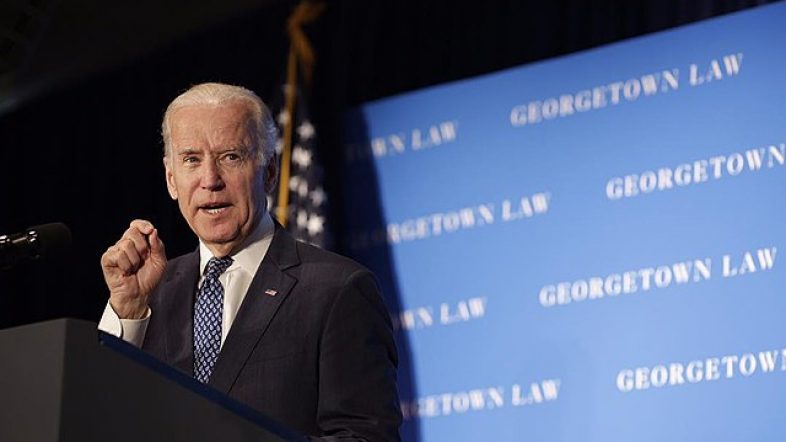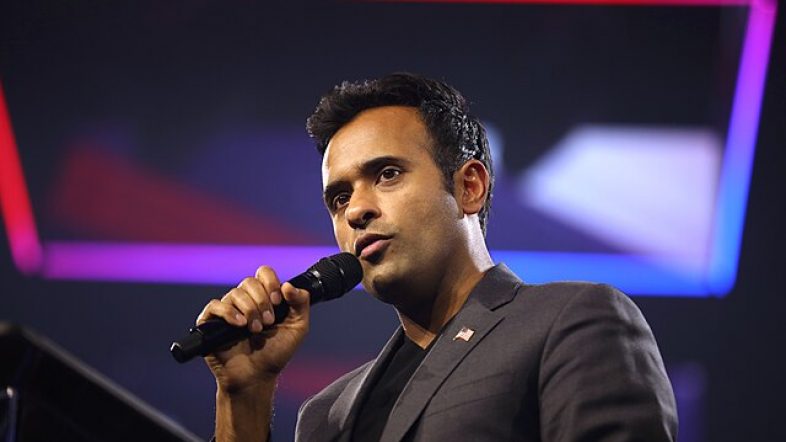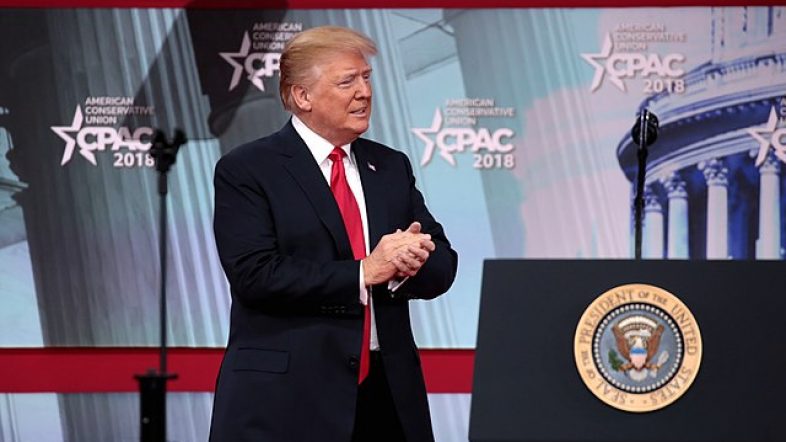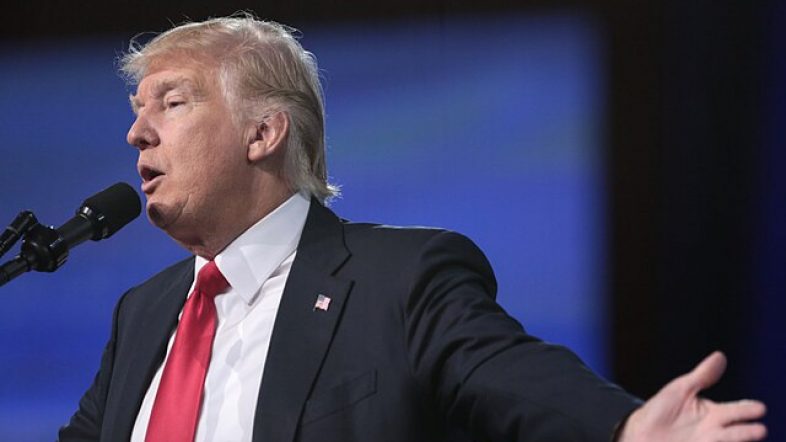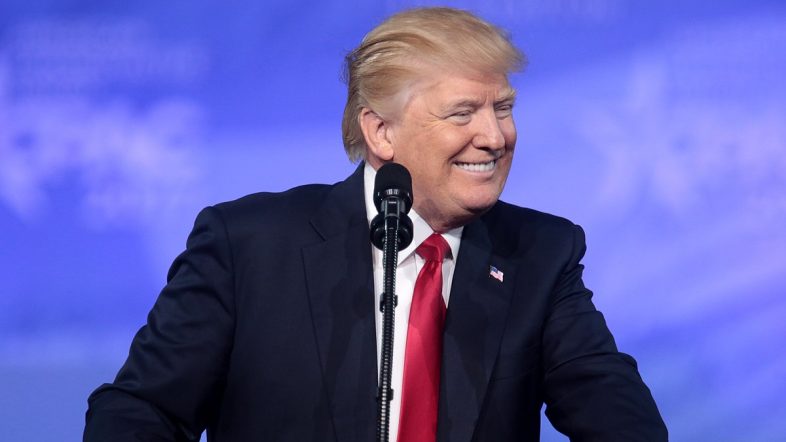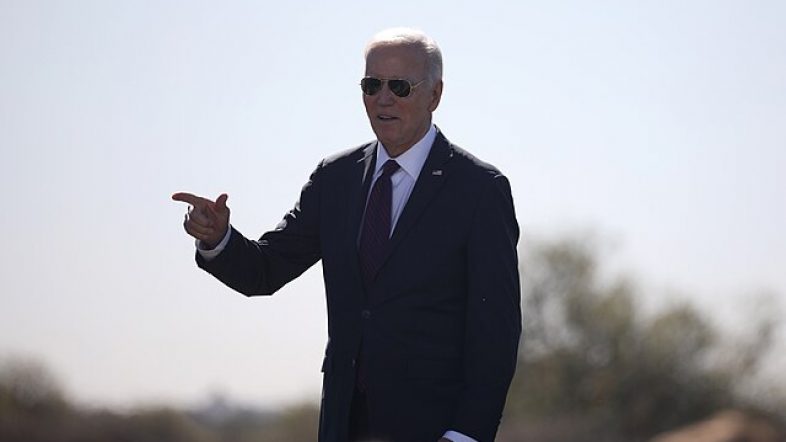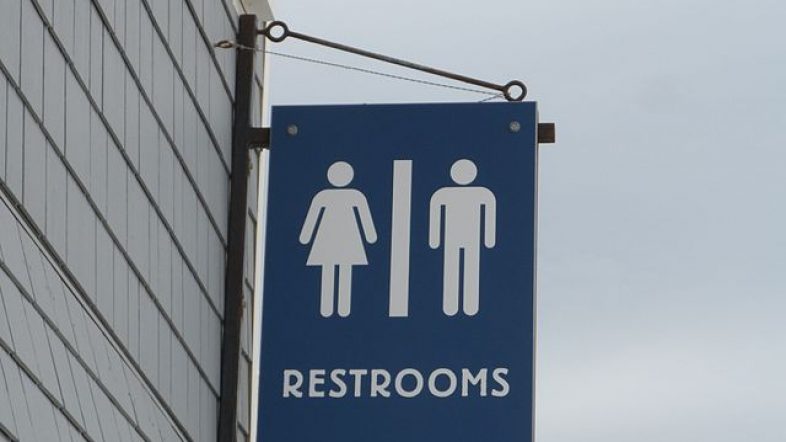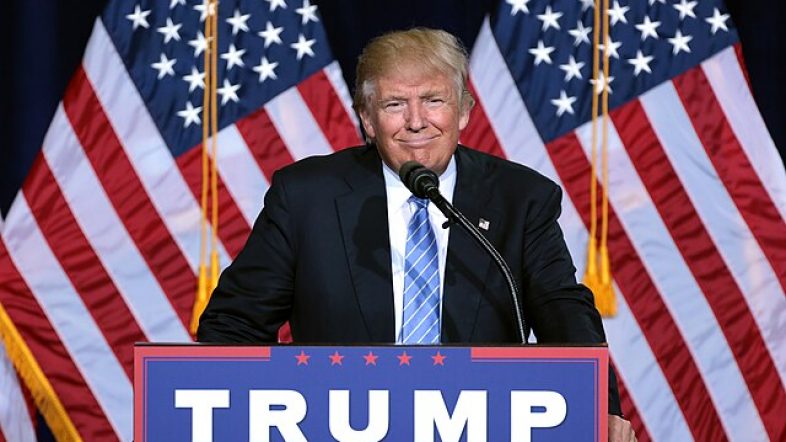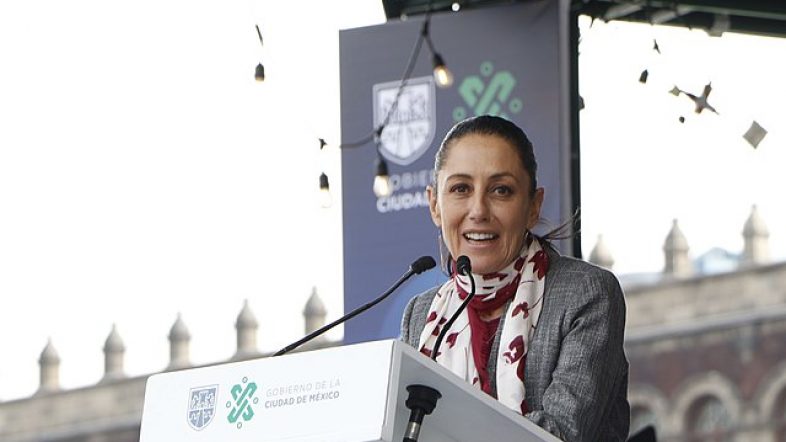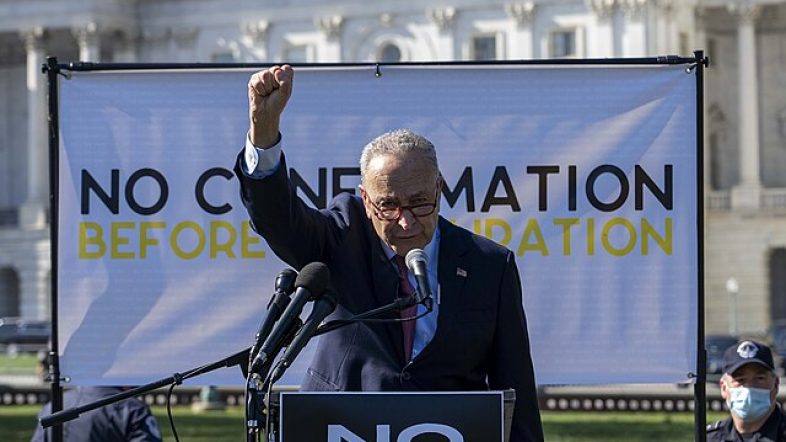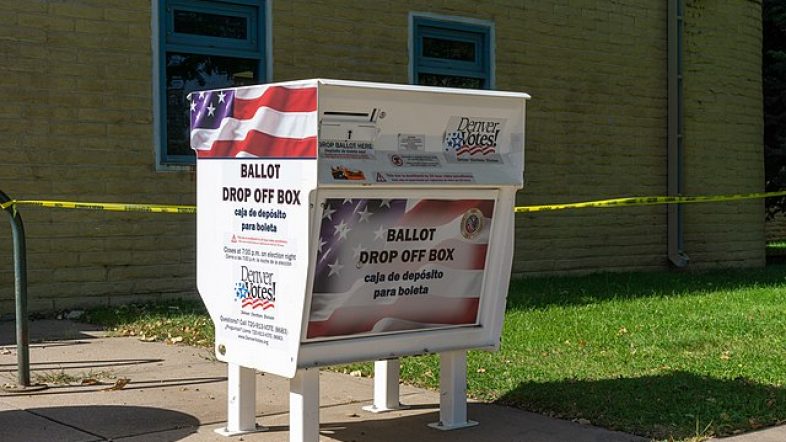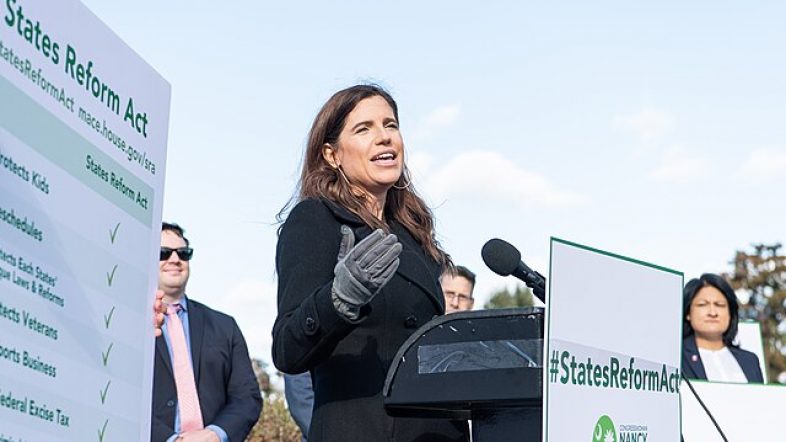Republican Senator Ted Cruz is demanding that the National Science Foundation (NSF) prove that the tens of millions of dollars it spent on combatting “misinformation” were not used to infringe on lawful speech, according to materials obtained by the Daily Caller News Foundation.
Cruz identified 105 grants disbursed between 2021 and 2023, cumulatively worth $66 million, aimed at making groups, sometimes government entities, better at identifying and correcting “misinformation.” The senator submitted a list of questions to NSF Director Sethuraman Panchanathan, asking him to either demonstrate that the grants flagged are consistent with the First Amendment or, if they’re not, to “indicate whether [he] will reevaluate and possibly rescind the award.”
“When you’re funding others who are engaged in censorship, you’re undermining support for your very important agency,” Cruz said to Panchanathan at Oct. 4 hearing. Panchanathan defended himself by arguing that the NSF does not censor anyone or work with groups that enforce censorship.
“I want to say one thing very categorically, we do not—NSF does not engage in censorship. We do not regulate any content and engage with anybody who also does so,” Panchanathan said at the hearing. Cruz says his analysis of NSF grants “directly contradicts [Panchanathan’s] claim that NSF does not engage with anybody who regulates content” as the “NSF has funded over 100 academic projects that are aimed at supposedly reducing ‘mis-, dis-, and mal-information,’ much of which is simply content that the progressive left does not agree with.”
One grant to the University of Wisconsin for $5 million identified by Cruz was aimed at creating a “digital dashboard” that could be used by “election administration officials” or “public health organizations” so they can “identify trending misinformation networks on social media platforms” and “strategically correct misinformation.”
The NSF doled out an additional $5 million to the University of Washington to “provide the public with skills for determining the truthfulness of claims” and “resources for addressing the social and emotional impacts of misinformation” while also designing and implementing “a socio-technical platform that supports digital literacy interventionists.”
Two other grants flagged by Cruz, $441,200 to the University of Utah and $396,000 to New York University, were issued “to transform the efficiency, effectiveness, and scale of fact-checking … enabl[ing] fact-checkers to spot misinformation early, prioritize effort, and unify the various tools and techniques used for fact-checking.”
Another grant noted by Cruz, this time $16,014 to the University of Oklahoma, was awarded to develop “a software platform that may be integrated into crisis management systems such as public health (WHO, CDC), emergency management (FEMA), and transportation (DOT) agencies to facilitate the transmission of correct information and provide the option to notify social media providers of identified misinformation.”
Cruz pressed the NSF to say whether it believes grants like these are “consistent with the First Amendment.”
Cruz also questioned the NSF over a $5 million grant to George Washington University, first reported by the DCNF, to provide psychological care to journalists who believe they are the targets of “misinformation-driven harassment campaigns.” Cruz asked the agency to “explain in detail how this award advances the NSF’s statutory mission ‘to promote the progress of science.’”
The Supreme Court on Oct. 20 agreed to hear a case arguing that the Biden administration violated the First Amendment by coordinating with social media companies to suppress online speech. A lower court previously ruled that the Biden administration had likely violated the First Amendment through its conduct, with the judge overseeing the case calling it “Orwellian.”
The NSF declined to comment.
Robert Schmad on October 31, 2023




